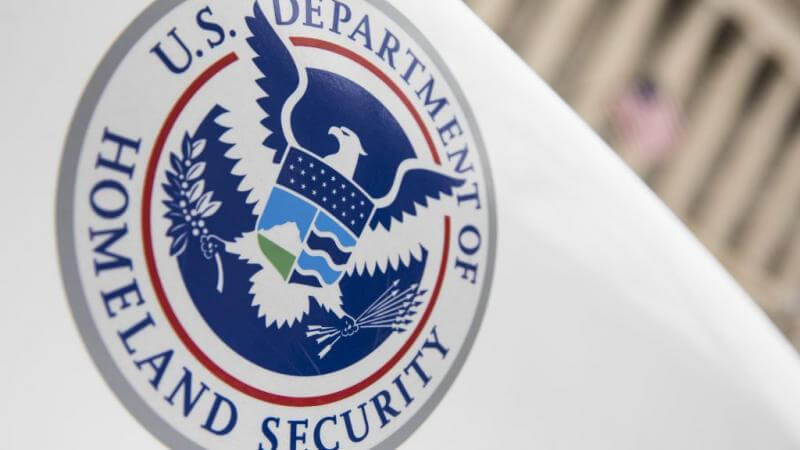The Biden administration's U.S. Customs and Border Protection (CBP) agency released an illegal immigrant on the terrorist watchlist, and due to a lack of coordination, U.S. Immigration and Customs Enforcement (ICE) took more than two weeks to arrest the individual, according to a report released by the Department of Homeland Security's Office of Inspector General.
The report, which was completed last week, found that after apprehending the illegal immigrant in Arizona in April 2022, the CBP released them “without providing information requested by the Federal Bureau of Investigation’s Terrorist Screening Center (TSC) that would have confirmed the migrant was a positive match with the Terrorist Screening Data Set (Terrorist Watchlist).”
The illegal immigrant is referred to as "they," “their,” or “them” in the report "to avoid identifying the migrant's gender," according to a footnote in the report.
The OIG explained that the illegal immigrant was released because the “CBP’s ineffective practices and processes for resolving inconclusive matches with the Terrorist Watchlist led to multiple mistakes.”
Some of the CBP’s mistakes included emailing to an incorrect email address to request an interview with the illegal immigrant, never sharing information it obtained for the FBI's TSC, and releasing the individual “before fully coordinating with the TSC,” according to the report.
CBP released the illegal immigrant on April 19, 2022, two days after apprehending them and their family, because FBI's TSC "determined the migrant was an inconclusive Terrorist Watchlist match."
Two days after the release, while the illegal immigrant and their family were at the Palm Springs International Airport in California checking in for a flight to Tampa, Fla., “the TSC obtained additional information from TSA and confirmed the migrant was a positive Terrorist Watchlist match,” the report reads.
After the illegal immigrant was found to be a match on the terrorist watchlist, ICE “prioritized arresting the migrant but faced multiple challenges sharing information within ICE’s Enforcement and Removal Operations while planning and conducting the arrest,” the OIG explained.
An ICE ERO officer informed the ICE ERO Miami Field Office on April 22 “that a migrant with a positive Terrorist Watchlist match was traveling to Tampa,” and four days later, the arrest was assigned to Fugitive Operations by the ICE ERO Tampa Office, according to the report.
The illegal immigrant wasn’t arrested until May 6, due to “challenges transferring documentation while planning to arrest the migrant and obtaining GPS data while conducting the arrest,” the DHS watchdog wrote.
The report made two recommendations to CBP to prevent this issue from reoccurring: “Develop and implement a process to maintain updated Border Patrol email distribution lists for [National Targeting Center] information requests,” and “Identify and share best practices for resolving inconclusive Terrorist Watchlist matches before releasing migrants.”
One recommendation was made to ICE: “Develop and implement a process to ensure ICE officers have immediate access to GPS data relevant to their law enforcement operations.”
Related Story: Border Patrol Has Already Nabbed 127 Illegal Migrants on the Terror Watchlist This Fiscal Year, up Nearly 30% from 2022










